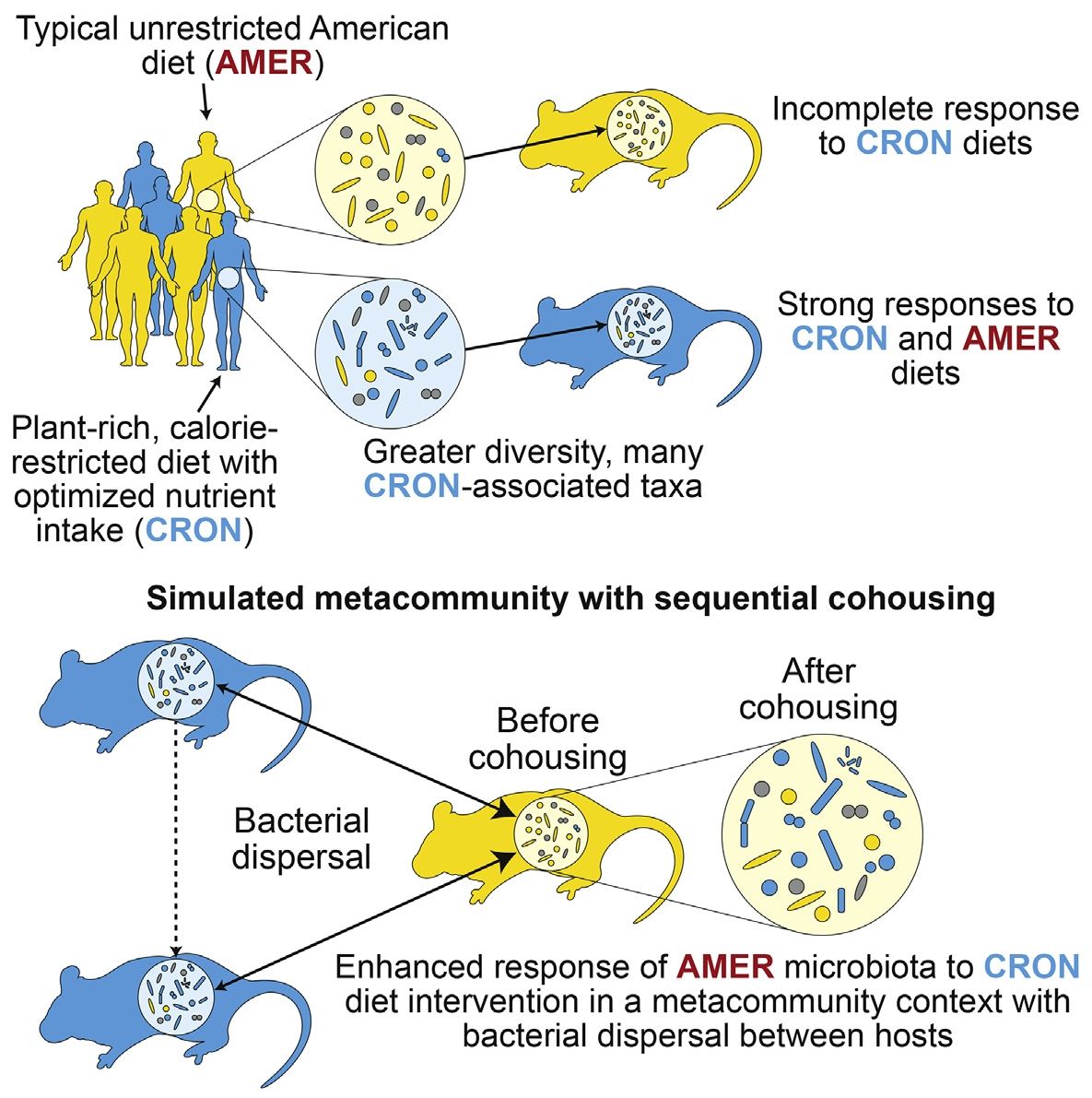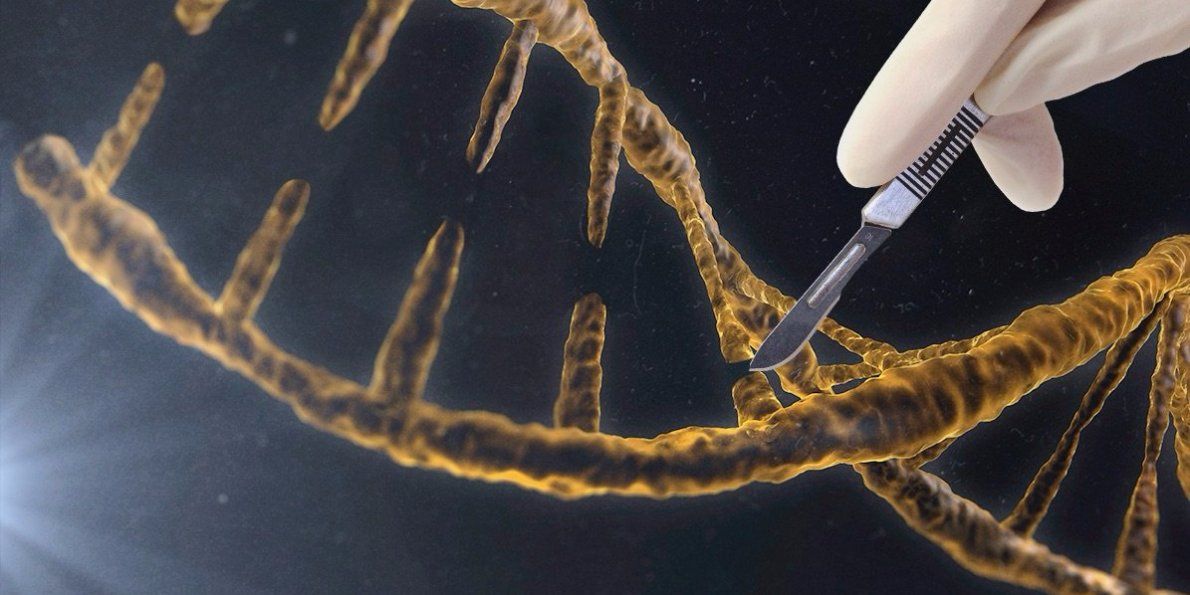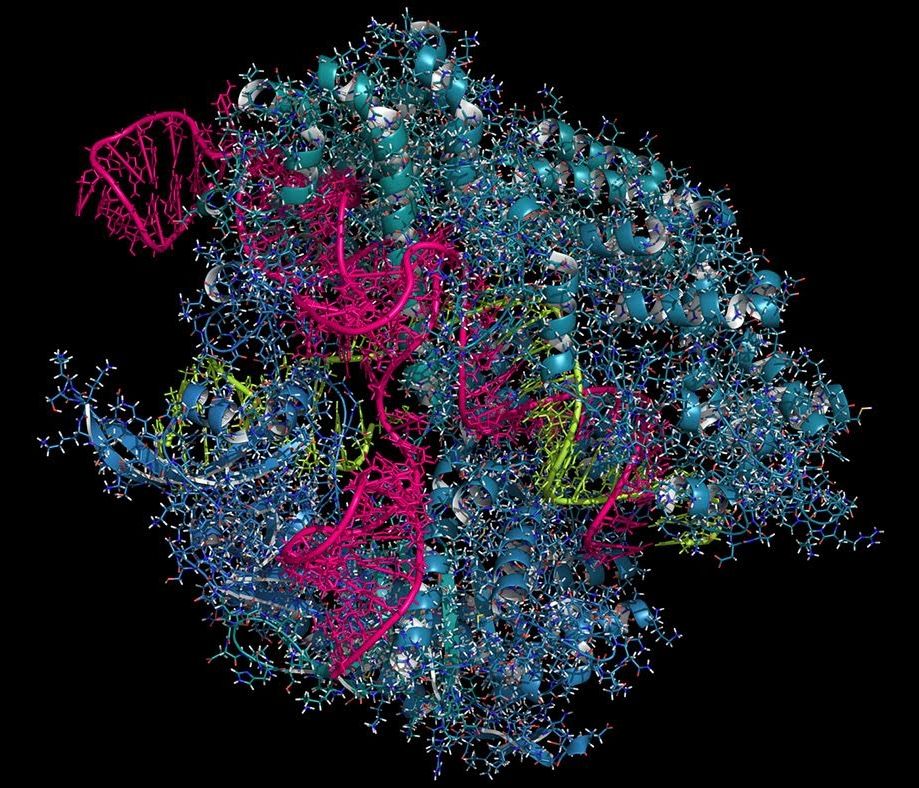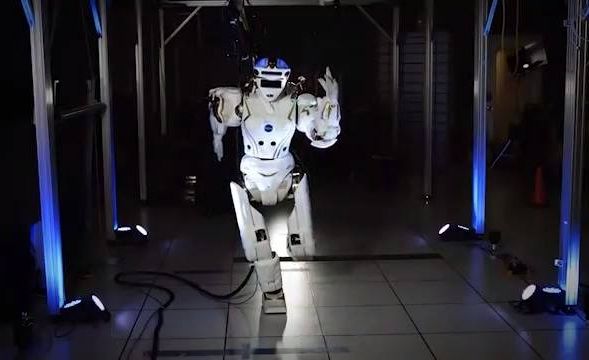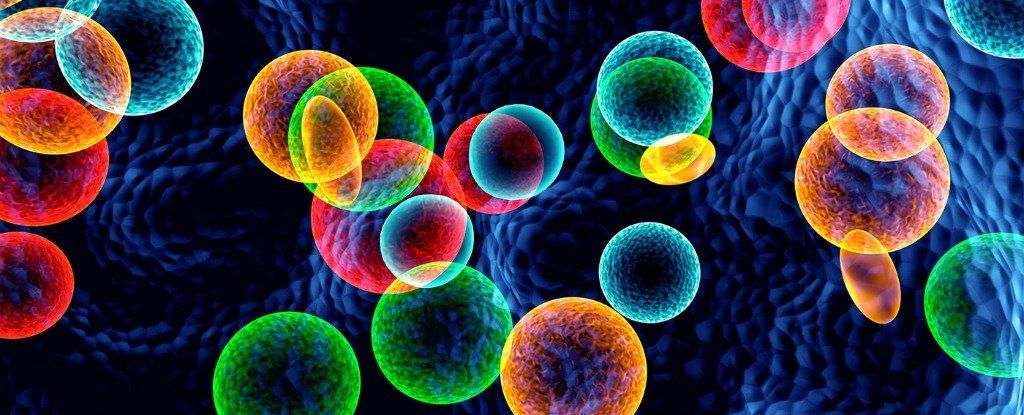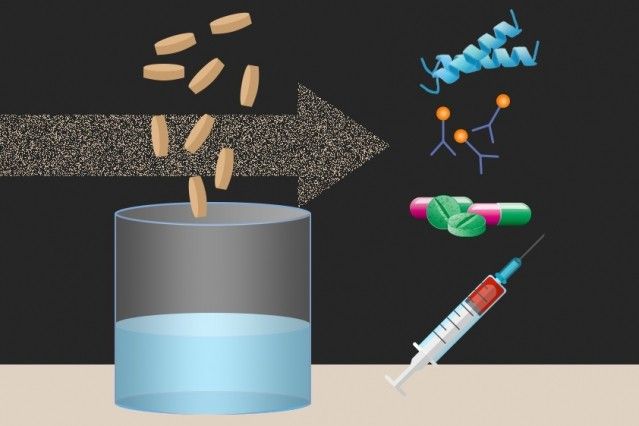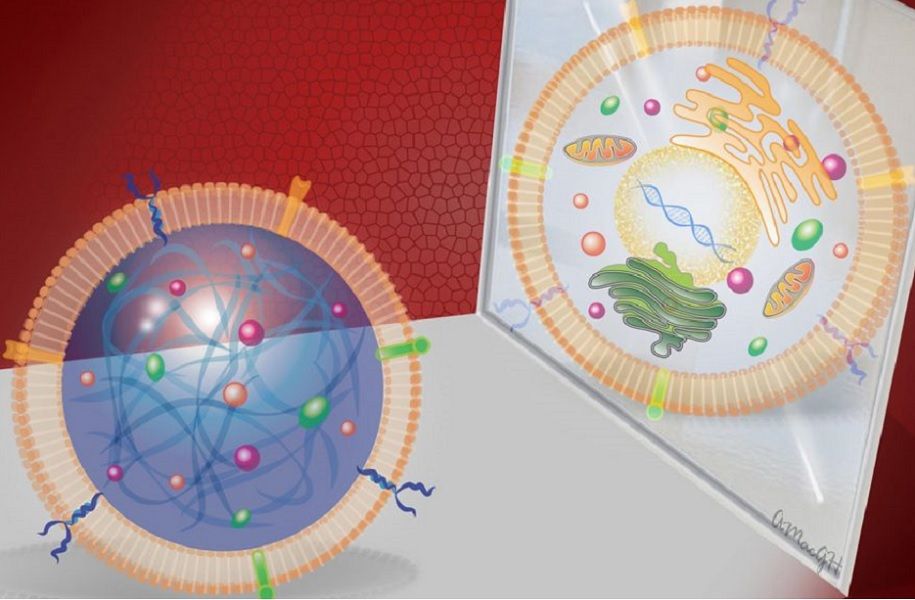Jan 2, 2017
New software makes CRISPR-methodology easier
Posted by Shane Hinshaw in category: biotech/medical
Scientists at Karolinska Institutet and the University of Gothenburg have generated a web-based software, Green Listed, which can facilitate the use of the CRISPR methodology. The software is published in the journal Bioinformatics and is freely available through greenlisted.cmm.ki.se where also information texts and films are available.
Cells are very small and builds up an organism. A human has about 100 times as many cells in its body as there are people on earth. Inside a vast majority of these cells are long chains of DNA. These DNA chains affects how different cells look and behave. CRISPR is a research method that can be used to rapidly study how different portions of the DNA directly affect cells. Using this method, researchers can gain insights to the cause of diseases and give suggestions for how they can be treated.
“We use the CRISPR methodology to study both immune cells and cancer cells. The goal is to develop new treatments for patients with diseases related to the immune system, such as arthritis, as well as cancer”, says Fredrik Wermeling at the Center for Molecular Medicine (CMM), Department of Medicine, Karolinska Institutet.

